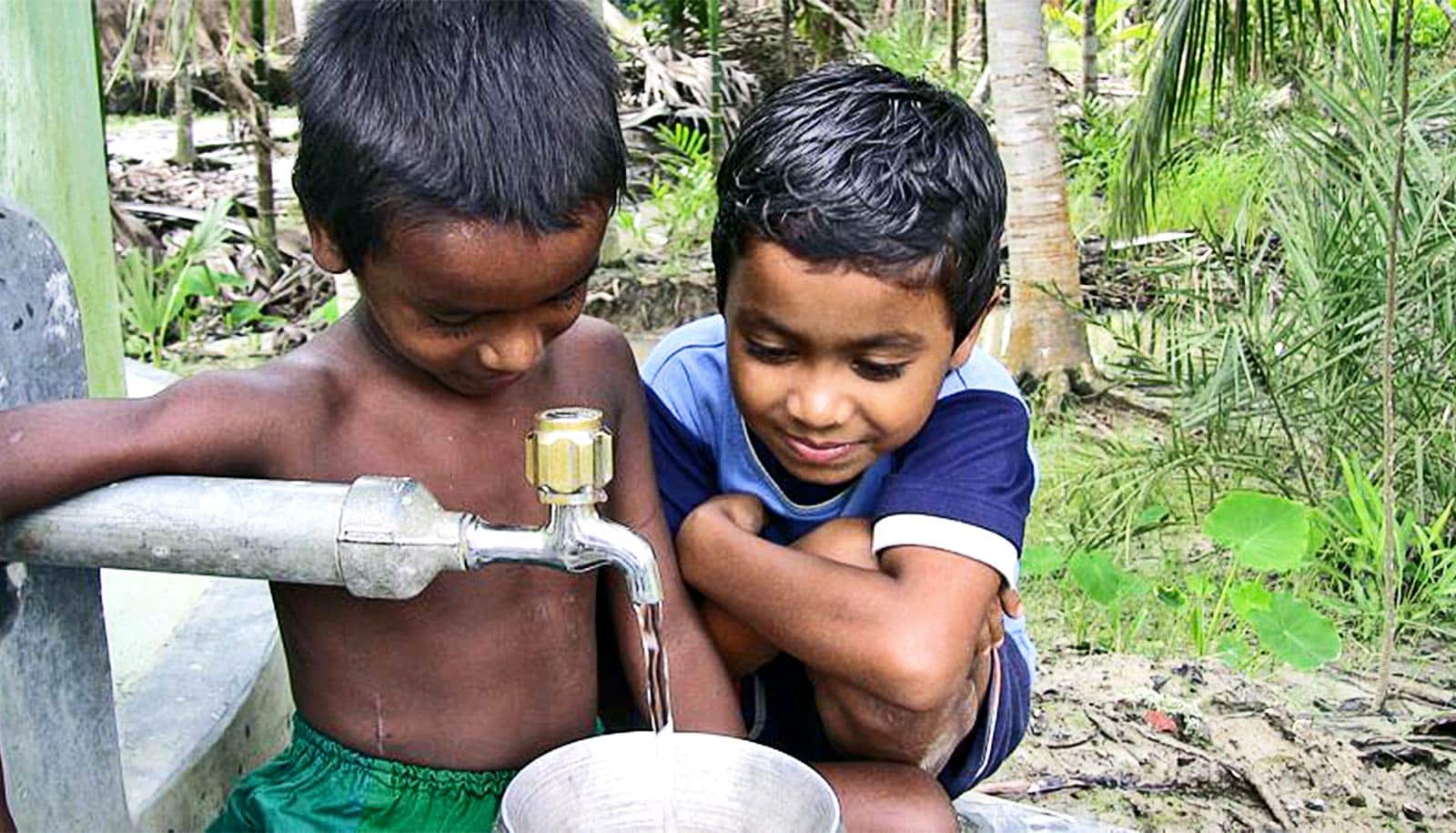Salt consumption may have a negative effect on children’s education, researchers report.
The study monitored young children’s academic progress in eight coastal districts of Bangladesh and discovered that children who live in households with higher levels of salt in their water supplies were less likely to succeed in their studies.
Specifically, 7 to 12-year-old children were 6.7% more prone to repeat a grade in school if the water they regularly drank contained more than 1 gram of salt per liter (33.8 fluid ounces).
“Although sodium is necessary for human health, excessive consumption of sodium has negative health effects. The findings of the study suggest that exposure to drinking water salinity is slowing down young children’s progress at school,” says Sonia Akter, an assistant professor in the Lee Kuan Yew School of Public Policy at the National University of Singapore.
This study specifically examined salt consumed from water sources, but if this correlation proves causative, any form of excessive dietary salt—such as smoked or cured meats and fish—is likely to have the same effect.
Although this study targeted coastal regions of Bangladesh, Akter says, “The pathways through which the salinity effects manifest to lower educational attainment are the same in all countries. Public health research has shown that the negative health effects of excessive salt intake for children and adults are the same in developed as well as developing countries.”
Interestingly, this study found that the correlation between too much salt and repeating a grade only affected young children. The researchers did not find a similar effect among older children.
“Hence, the next step for this research is to understand how age mediates the negative effects of excessive salt consumption on education,” Akter says.
“I would like to use additional measures of education and learning other than just grade advancement. Other relevant measures are indicators of cognitive ability, IQ, and test scores (math, reading, writing),” she says.
The study appears in Science of the Total Environment.
Source: National University of Singapore



